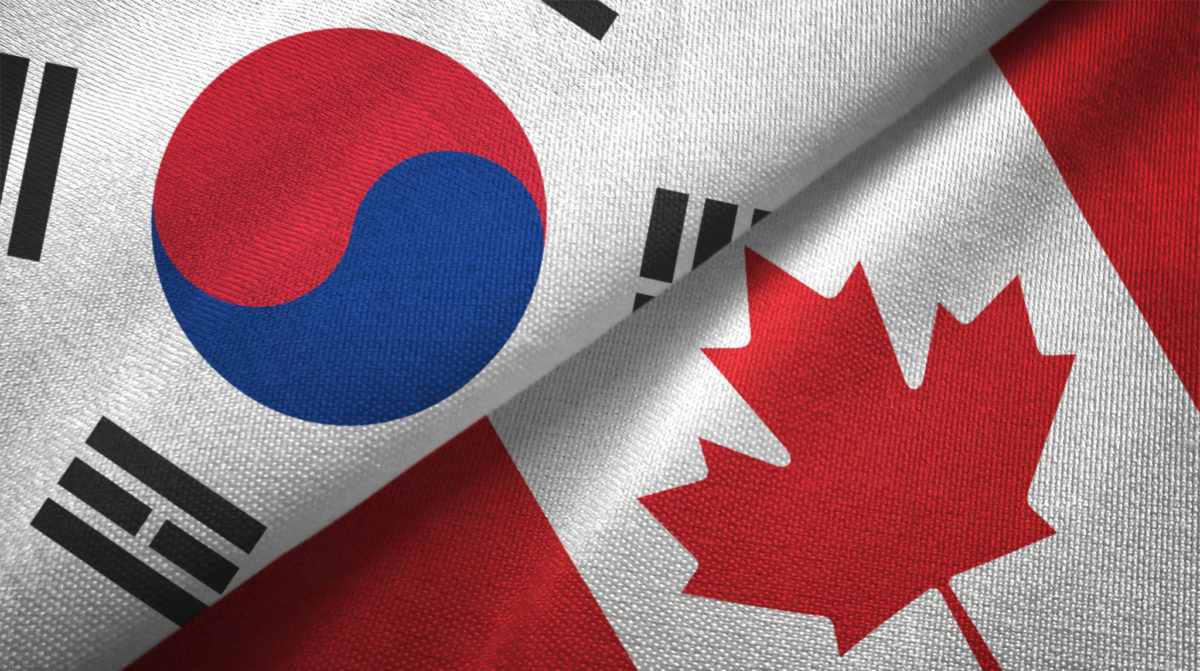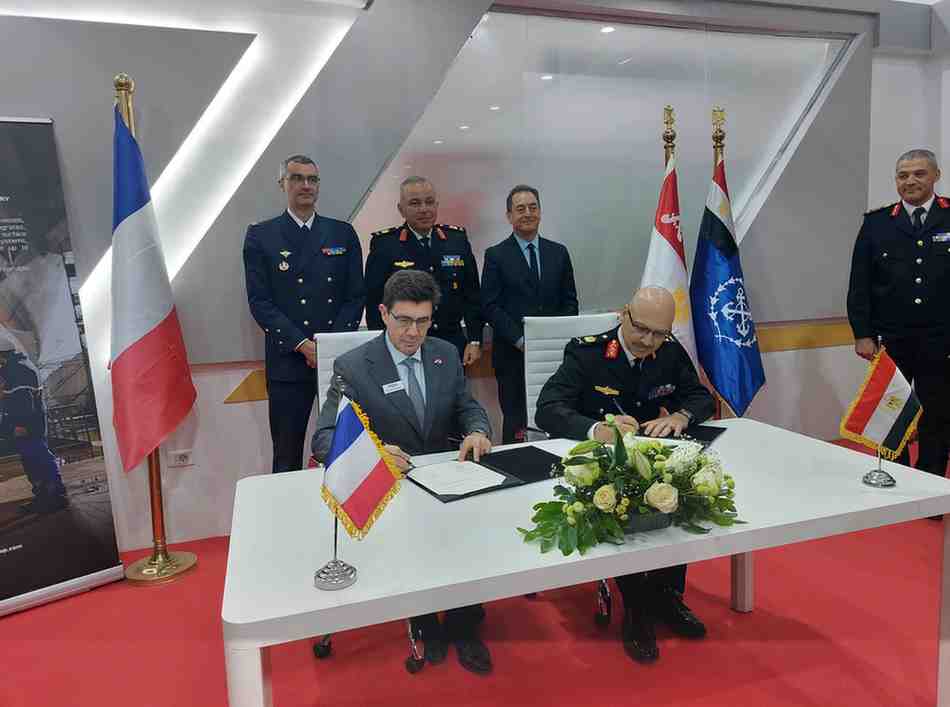In recent years, the defense cooperation between Canada and South Korea has grown in significance as both countries strive to enhance their national security and strategic positioning in an increasingly complex global environment. South Korea, a rising star in the global defense industry, offers advanced military technologies, including cutting-edge naval systems, while Canada plays a key role in international peacekeeping, global security, and defense, with its strategic location in North America and responsibilities in the Arctic. A potential submarine export from South Korea to Canada represents a critical opportunity, promising not only enhanced military capabilities for both nations but also broader strategic, diplomatic, and economic benefits.
At the core of this growing cooperation is a set of shared security concerns. Both Canada and South Korea are keen on maintaining regional stability and supporting a free and open Indo-Pacific. South Korea, situated in a geopolitically sensitive region facing maritime threats, has developed sophisticated naval defense capabilities. At the same time, Canada, with its vast coastlines stretching from the Atlantic to the Pacific and the increasingly strategic Arctic, understands the importance of strengthening its naval defense to secure sovereignty and economic interests.
In this context, the export of South Korean submarines to Canada would symbolize a key step forward in their defense collaboration. A deal of this nature would not only provide Canada with advanced naval assets but would also pave the way for both nations to enhance their defense partnership through the exchange of expertise, joint military exercises, and increased interoperability in international operations. South Korea’s submarine technology, recognized for its quality and competitive pricing, offers Canada a reliable, modern solution to meet its growing defense needs, particularly in its efforts to replace an aging fleet.
From South Korea’s standpoint, exporting submarines to Canada brings substantial strategic, diplomatic, and economic advantages. On the strategic front, it allows South Korea to gain a foothold in a new market, further cementing its position as a reliable supplier of defense products in the global market. With Canada’s acquisition of South Korean submarines, South Korea could potentially open the door to future defense deals with other NATO members, leveraging its entry into the North American defense sector. This would provide long-term benefits for South Korea’s defense industry, increasing its share of the global market.
Diplomatically, such cooperation would further solidify South Korea’s alliances with key Western nations. Canada, as a G7 member and close ally of the United States, occupies a unique role in global geopolitics. Collaborating with Canada in the defense sphere would elevate South Korea’s strategic partnerships, extending its influence in North America and improving its standing with NATO allies. Furthermore, enhanced relations with Canada could pave the way for broader cooperation on security matters, including joint military research, defense technology development, and cybersecurity initiatives.
Economically, the submarine export deal would generate significant benefits for South Korea’s domestic economy. The defense industry is one of South Korea’s major economic drivers, and large-scale export deals, particularly with countries like Canada, would create jobs, stimulate technological innovation, and bolster industrial growth. South Korea’s defense manufacturers could see substantial economic returns, with increased production boosting domestic employment and technological development. Moreover, the long-term maintenance, support services, and potential follow-up orders associated with submarine exports would provide additional economic value, extending the benefits beyond the initial transaction.
For Canada, the acquisition of South Korean submarines would be a timely and critical investment in its defense modernization efforts. Canada’s existing submarine fleet, which has seen decades of service, is in need of replacement. By acquiring South Korean-built submarines, Canada would gain access to advanced technology that would strengthen its naval forces, allowing it to better monitor and protect its maritime domains. This is especially important given the rising strategic competition in the Arctic, where melting ice is opening new shipping routes and resource opportunities, increasing the region’s geopolitical significance. South Korea’s submarines, designed to operate efficiently in diverse environments, would be well-suited to operate in the challenging conditions of the Arctic, enhancing Canada’s ability to safeguard its sovereignty.
Economically, South Korean submarines offer Canada a cost-effective solution. South Korea is known for producing high-quality defense products at competitive prices, which would allow Canada to modernize its submarine fleet without exceeding its defense budget. This would enable Canada to allocate resources to other key defense areas, maximizing the impact of its military spending. Additionally, acquiring South Korean submarines would lead to long-term economic benefits through maintenance contracts and support services, creating jobs in Canada’s defense and technology sectors.
Beyond immediate defense needs, enhancing Canada’s submarine capabilities would also provide economic security by ensuring the protection of its critical maritime infrastructure, including shipping routes and energy resources. As Canada increases its Arctic activities and shipping traffic grows, protecting these assets becomes essential to safeguarding the country’s economic interests. With enhanced naval power, Canada would be better positioned to defend its economic zones and resources from potential threats, preserving long-term economic stability and growth.
Another key economic benefit of this collaboration lies in the potential for future joint ventures and co-development of defense technologies. By working closely with South Korean defense manufacturers, Canada could gain access to South Korea’s advanced research and development capabilities, which would further spur innovation in Canada’s defense and technology sectors. Joint development of submarine systems or other military technologies could lead to the creation of high-skilled jobs, knowledge transfer, and the strengthening of Canada’s own industrial base.
Furthermore, acquiring submarines that are NATO-compatible would improve Canada’s ability to work seamlessly with its allies in joint defense missions. This interoperability is crucial as Canada continues to participate in multinational security efforts, including those aimed at maintaining peace and stability in the Indo-Pacific region. South Korea’s experience in dealing with regional maritime threats in the Asia-Pacific aligns with Canada’s security interests, particularly in light of shifting global power dynamics and the need to protect global shipping routes.
In conclusion, a potential submarine export from South Korea to Canada is far more than a transactional defense purchase. It represents a strategic and economic partnership that could strengthen the bilateral relationship between these two nations, providing benefits that extend beyond immediate military needs. For South Korea, it offers an opportunity to enhance its global standing as a defense exporter while fostering deeper alliances with Canada and its allies. For Canada, it represents an affordable and reliable means of modernizing its naval capabilities while securing its vast maritime interests, particularly in the Arctic. The deal would also have a ripple effect on the economies of both nations, driving job creation, industrial growth, and technological innovation. As both countries continue to face emerging security challenges, particularly in the Indo-Pacific and Arctic regions, this defense cooperation could serve as a cornerstone for long-term collaboration, advancing their shared goals of peace, security, and economic prosperity on the global stage.

Jihoon Yu
Jihoon Yu is the director of external cooperation and associate research fellow at the Korea Institute for Defense Analyses. Jihoon was the member of Task Force for South Korea’s light aircraft carrier project and Jangbogo-III submarine project. He is the main author of the ROK Navy’s Navy Vision 2045. His area of expertise includes the ROK-U.S. alliance, the ROK-Europe security cooperation, inter-Korean relations, national security, maritime security, hybrid-threats, and strategic weapons systems. He earned his MA in National Security Affairs from the U.S. Naval Postgraduate School and Ph.D. in Political Science from Syracuse University.
- Jihoon Yu#molongui-disabled-link
- Jihoon Yu#molongui-disabled-link
- Jihoon Yu#molongui-disabled-link
- Jihoon Yu#molongui-disabled-link













